The history of electric vehicles in India began in the 19th century, even before the REVA electric car came into the market. REVA was the first electric car to make a big splash in the market. Before that, there were electric three-wheeler, electric buses and a small two-seater electric car that was launched before REVA but was discontinued by the companies due to poor sales and too many technical problems.
- In 1993, India’s first electric car got launched
- In 1996, India’s first electric three-wheeler got launched
- In 2000, India’s first electric bus got launched
The Advent of Electric Vehicles
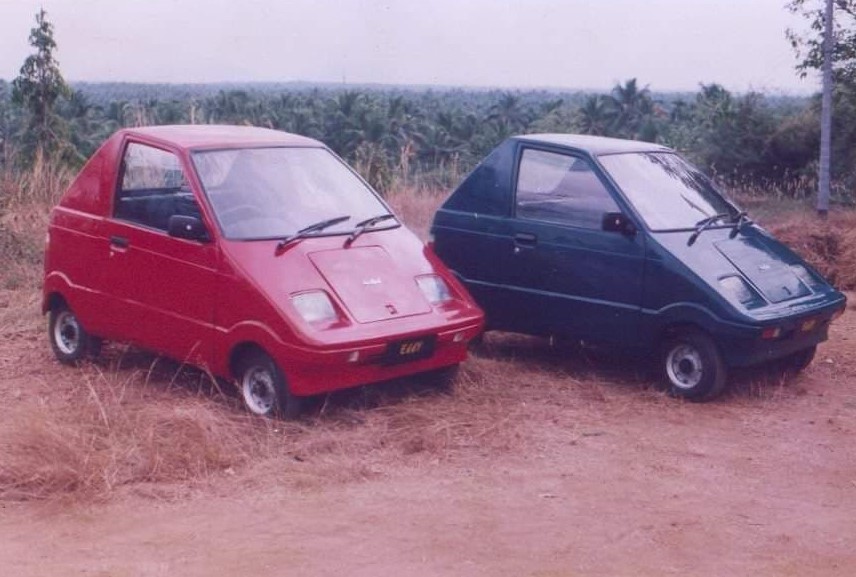
India’s first electric vehicle was an electric car named ‘Lovebird’. The Lovebird was manufactured by Eddy Current Controls, a company founded by MD Jose and based in Chalakkudy, Kerala.
It was a cute little two-seater car that was popular even among car enthusiasts of the time. It had a DC electric motor and a four-speed gearbox. And you will not believe that it had a range of 60km at that time when electric car was not even a thing. The battery took 6 to 8 hours to fully charge. By the way, there was a limitation: the car could not climb steep slopes, as the slope limit was 15 degrees.
The car was first introduced at the Delhi Auto Expo, in 1993, after which the government allowed commercial sales of the Lovebird. However, they managed to sell only 25 cars, to institutional and private buyers combined. Moreover, the government stopped the subsidy of Rs 80,000, which eventually led to the end of the production of the Lovebird. So this was the end of the Lovebird.
The year 1996 & 2000
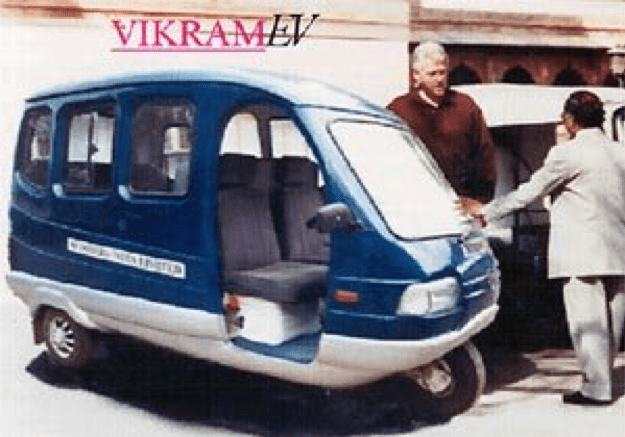
In 1996, India’s first electric three-wheeler got launched, developed by Scooter’s India Pvt Ltd. The three-wheeler was named ‘Vikram Safa’. About 400 vehicles were manufactured and sold, but since they were powered by lead-acid batteries, the batteries ran out after every 41,250 kilometres, driving up the cost of ownership. Then in 2000, the first electric bus was developed by BHEL. It was an 18-seater electric bus powered by the same lead acid battery. About 200 of these buses were built and deployed in Delhi, with the support of the Ministry Non-Conventional Energy Sources. However, the problem with the bus was the high cost of the battery, short life and poor consistency.
REVA: India’s first successful electric car

Finally it was 2001, when RECC launched India’s first successful electric car which we all know, REVA. The Reva Electric Car Company (RECC) was founded in 1994 by Chetan Maini (Co-founder and Vice Chairman of Sun Mobility), as a joint venture between the Maini Group of Bangalore and Amerigon Electric Vehicle Technologies (AEVT Inc.) of the USA. The company’s sole aim was to develop and produce an affordable compact electric car.
RECC joined up with several automotive experts to develop components for REVA. Curtis Instruments, Inc. of USA developed a Motor Controller specifically for the car. The car had a power pack for which Tudor India Limited supplied customized Prestolite batteries. The Charger for Reva was developed by Modular Power Systems of USA (a division of TDI Power). Later, RECC started manufacturing the charger themselves through a technical collaboration agreement between MPS and the Maini Group.
In 2009, Reva unveiled its upcoming Reva NXR and Reva NXG models at the Frankfurt Motor Show. During the event, Reva and General Motors India declared a technical collaboration to develop affordable electric vehicles for the Indian market. As a result, at the Auto Expo 2010 in New Delhi, General Motors India announced an electric version of its hatchback: the e-Spark, for which Reva would supply the battery technology.
The acquisition of RECC by M&M
On May 26, 2010, India’s largest manufacturer of SUVs and tractors, Mahindra & Mahindra, acquired a 55.2% majority stake in Reva. After the acquisition, the company was renamed Mahindra Reva Electric Vehicles Private Limited. The president of Mahindra’s automotive division, Pawan Goenka, became the chairman of the new company. As a result of the change in ownership, General Motors withdrew from its collaboration with Reva to produce the e-spark.
In 2016, the company was rebranded as Mahindra Electric Mobility Ltd. With the intention to reflect not just the business line of producing vehicles, but also developing powertrains and integrated mobility solutions.
Towards EV mission 2030

Our Prime Minister Shri Narendra Modi has a vision for converting all vehicles in India to electric by 2030. Under the government’s new plans, every car sold in India will be electric by 2030.
EV manufacturers have announced a significant increase in production, large companies are opting for electric vehicles for their last mile delivery fleets, consumers are slowly adopting and preferring electric and hybrid variants as evidenced by rising demand, and state and central governments are taking steps to improve charging infrastructure, provide subsidies and convert public transportation to all-EV.
The entire EV ecosystem in India seems to have gained momentum and is ready to be a notable contender in the global EV race. India is well on its way to becoming the hub of battery production and an all-EV environment is definitely on the right track.
Compared to the past, many new players have now entered the electric vehicle market such as Ola, Simple Energy, Pravaig Dynamics, Ather Energy, Hyundai, MG, and even Tesla will soon have a presence in India. Central Government has also extended the deadline for FAME -II subsidy till March 2024, which was earlier 2022, and as we know states like Maharashtra, Gujarat, Delhi, Goa etc are also offering subsidies.
All these things will definitely drive the electric vehicle revolution, but what do you think, will we be EV ready by 2030? Let me know in the comment section.


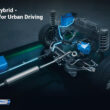


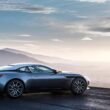
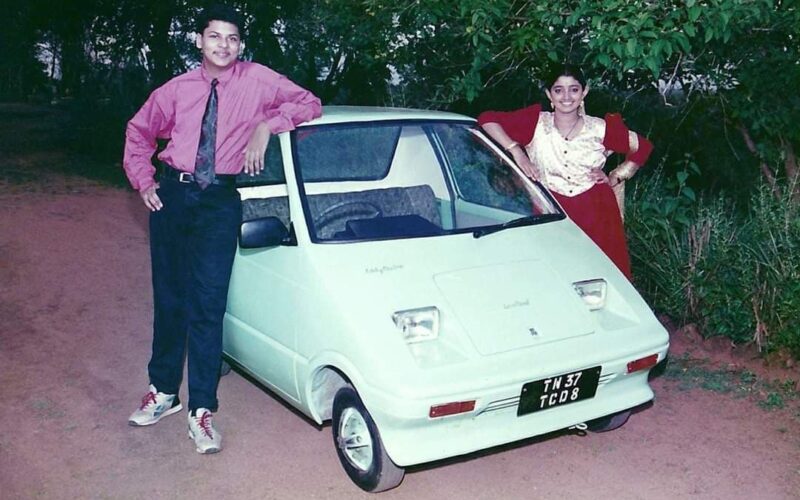

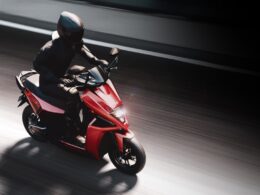
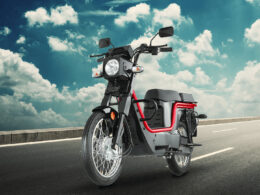
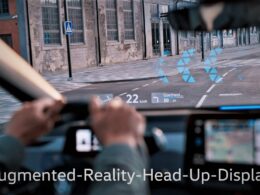
A fascinating discussion is worth comment. There’s no doubt that that you should publish more about this topic, it might not be a taboo subject but generally people do not discuss such subjects. To the next! Cheers!!
Hello! I could have sworn I’ve visited this blog before but after looking at some of the articles I realized it’s new to me. Regardless, I’m definitely pleased I came across it and I’ll be bookmarking it and checking back often!
Hello There. I discovered your weblog the usage of msn. This iѕ a really weⅼl ᴡritten article.
I’ll make sure to bookmark it and return to read moгe of your
useful info. Thanks for the post. I will certainly retuгn.
We are a group of volunteers and opening
a new scheme in our community. Your website provided us with
valuable info to work on. You’ve done an impressive job and
our entire community will be grateful to you.